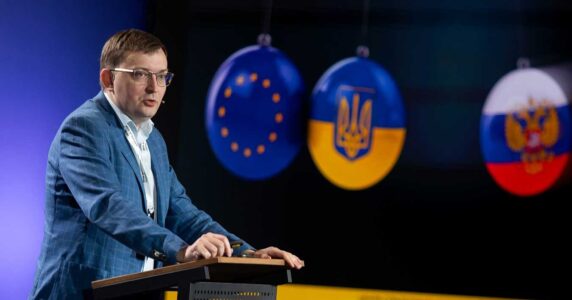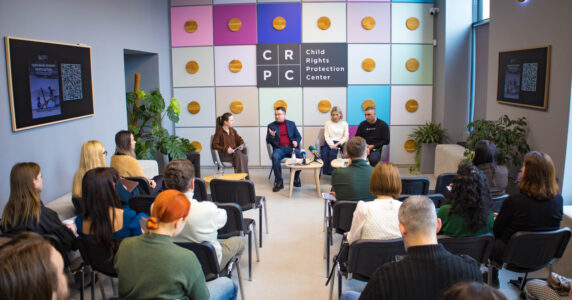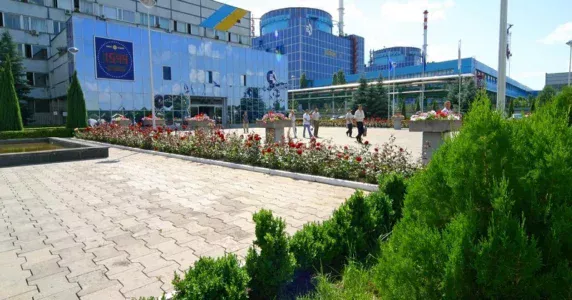Navigation and useful materials
The Russian occupational authorities are tightening information isolation and their control on the territory of the “ORDLO” (Certain Regions of Donetsk and Luhansk Oblasts) ahead of the elections to the State Duma of the Russian Federation.
This is according to Ihor Solovei, head of the Center for Strategic Communications and Information Security, who stated this during the panel discussion “Voting for Russian State Duma Members on the Temporarily Occupied Territories of Ukraine: Elections or Farce?”
“The isolation of the region overall is growing in the occupied territories, particularly in terms of information. There are no more freely operating media, bloggers, or even Telegram channels; they have all been cleared out,” he said.
The expert stressed that what was happening in Russia could hardly be called elections: opposition politicians are banned from running, they are put in jail or ousted, and opposition media are closed en masse. This automatically applies to the temporarily occupied territories of Ukraine—Crimea and the “ORDLO”.
The Center reports that checkpoints are being closed in the region, with restrictions introduced on crossing the contact line, which makes the area still more isolated. Mortality also reduces the number of “ORDLO” residents who could visit Ukraine and tell others the truth about the situation in Ukraine after coming back.
“Thus, Ukraine has very limited ability to influence public opinion. All of this makes Ukraine reconsider the format and mechanisms of cooperation with the occupied territories in terms of media. We may completely lose the ability to disseminate truthful information about Ukraine,” emphasized Solovei.
He added that the occupation authorities actively brainwash young people: they even pay bonuses to teachers to make sure they educate their students “correctly.”
If you have found a spelling error, please, notify us by selecting that text and pressing Ctrl+Enter.


